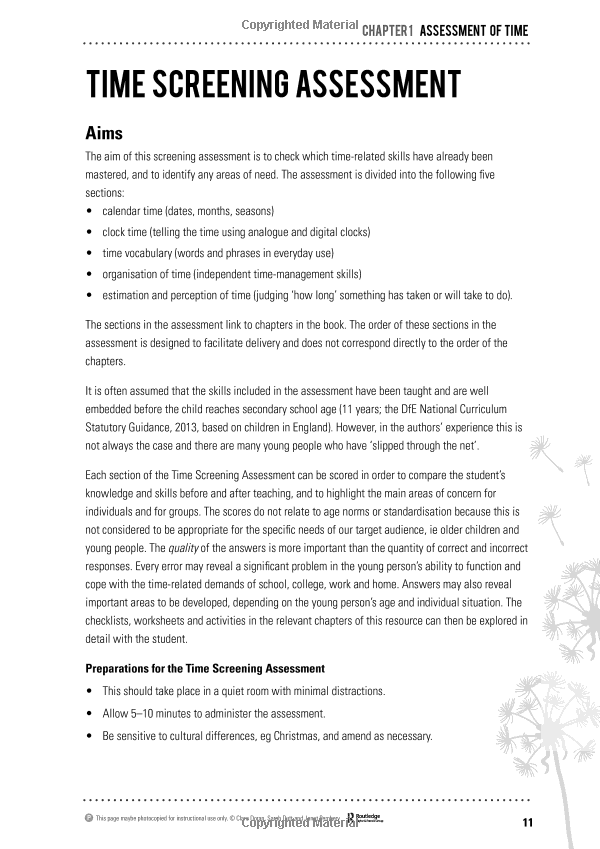"Beware of Scams on Student Loan Forgiveness: How to Protect Yourself from Fraudulent Offers"
#### Scams on Student Loan ForgivenessIn recent years, the issue of student loan forgiveness has gained significant attention, especially with various gover……
#### Scams on Student Loan Forgiveness
In recent years, the issue of student loan forgiveness has gained significant attention, especially with various government programs aimed at alleviating the burden of student debt. However, alongside these legitimate efforts, there has been a troubling rise in scams on student loan forgiveness. These scams can take many forms, and they often target vulnerable borrowers who are desperate for relief. It is crucial to understand how these scams operate and what steps you can take to protect yourself.
#### Understanding the Types of Scams
One common type of scam involves companies that claim they can help borrowers qualify for loan forgiveness for a fee. These companies often use aggressive marketing tactics, promising immediate results and claiming they have insider knowledge of the forgiveness process. They may ask for personal information, including Social Security numbers and financial details, under the guise of helping you navigate the complicated forgiveness landscape.
Another prevalent scam involves phishing emails or phone calls that appear to be from legitimate government agencies. Scammers may impersonate officials from the Department of Education or other organizations, urging borrowers to act quickly to secure their loan forgiveness. These communications often contain urgent language and threats of consequences if the borrower does not respond, creating a sense of panic that can lead to hasty decisions.

#### Recognizing Red Flags
To avoid falling victim to scams on student loan forgiveness, it is essential to recognize the red flags. Legitimate loan forgiveness programs do not charge fees for assistance, and they will never ask for sensitive information upfront. Be wary of any unsolicited communications, especially those that pressure you to act quickly or provide personal information. Always verify the identity of anyone claiming to be a representative of a government agency by contacting the agency directly.
#### Protecting Yourself
To protect yourself from scams on student loan forgiveness, follow these guidelines:

1. **Research**: Before engaging with any company or individual offering assistance, do your research. Look for reviews and check if they are registered with the Better Business Bureau (BBB).
2. **Use Official Resources**: Rely on official government websites for information about student loan forgiveness programs. The U.S. Department of Education's website is a reliable source for accurate information.
3. **Do Not Share Personal Information**: Never share your Social Security number, bank account details, or any other sensitive information with anyone who contacts you unsolicited.
4. **Report Scams**: If you believe you have encountered a scam, report it to the Federal Trade Commission (FTC) and the Department of Education. Your report can help protect others from falling victim to the same scam.

#### Conclusion
As student loan forgiveness programs continue to evolve, so too do the tactics employed by scammers looking to exploit borrowers. By staying informed and vigilant, you can protect yourself from scams on student loan forgiveness and ensure that you are taking the right steps towards managing your student debt. Remember, if something sounds too good to be true, it probably is. Always approach offers with caution and rely on trusted sources for guidance.